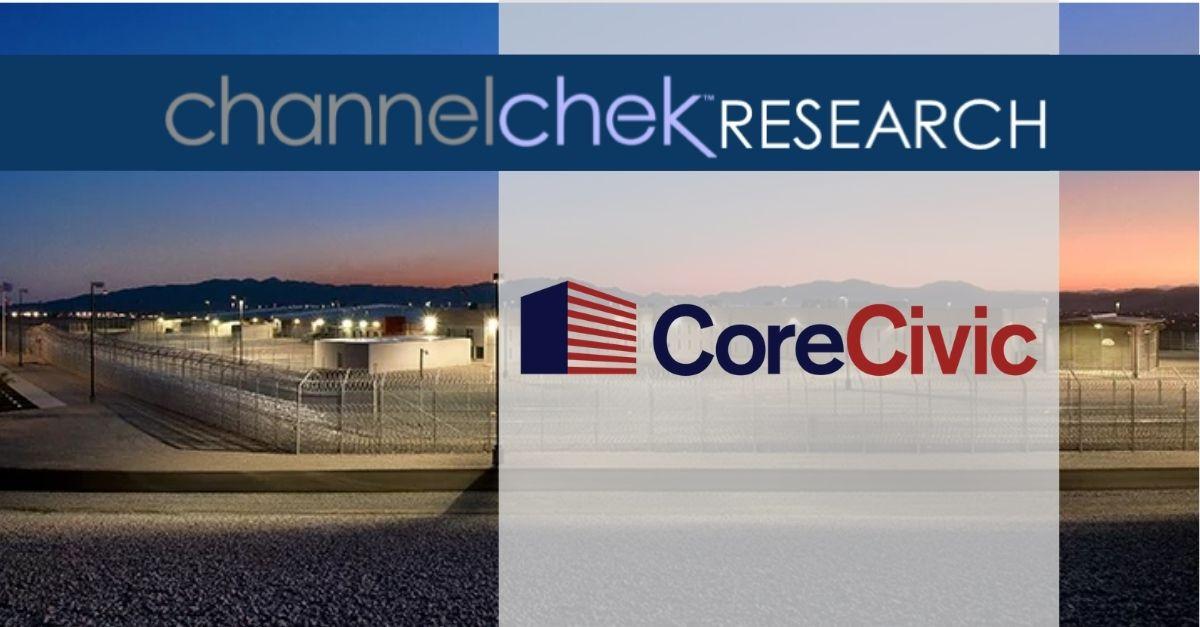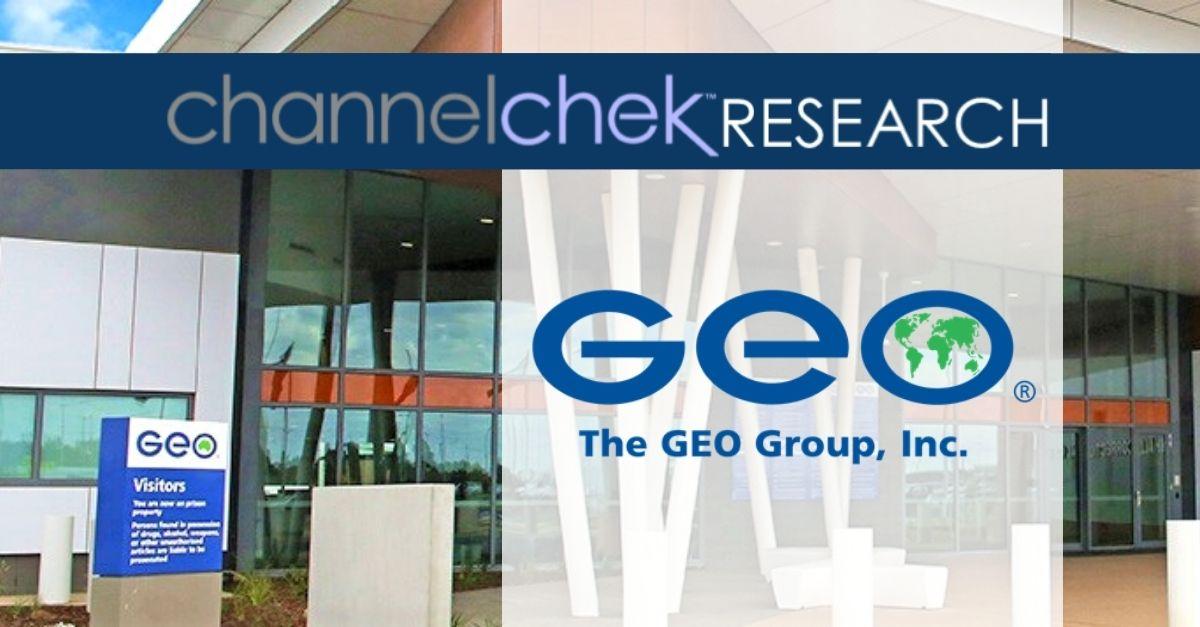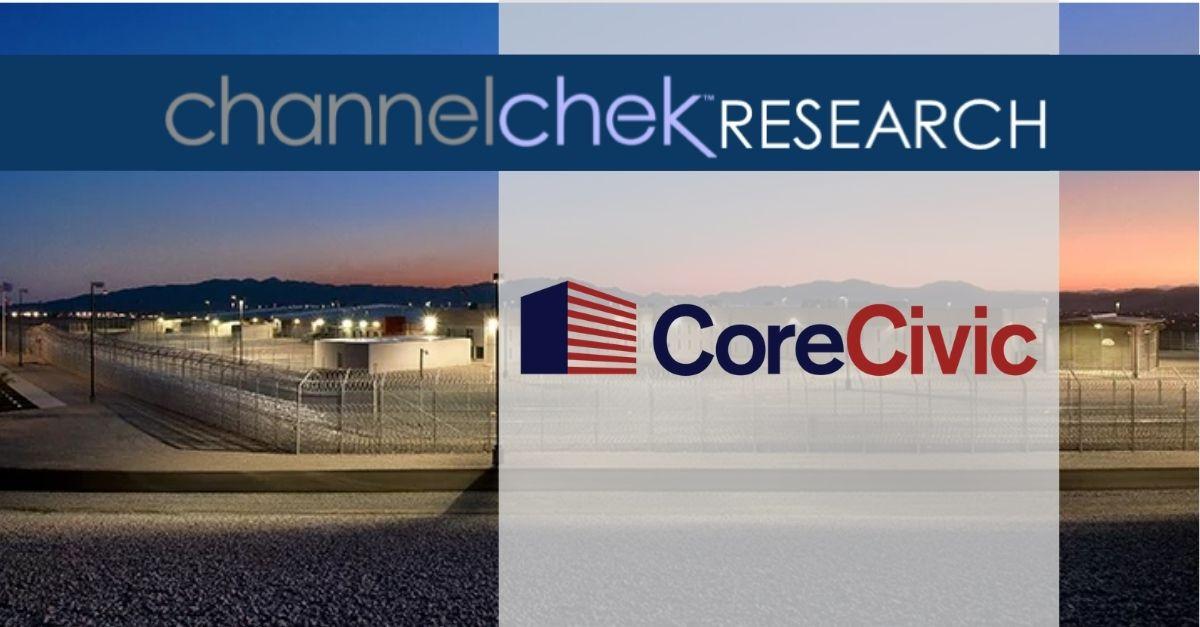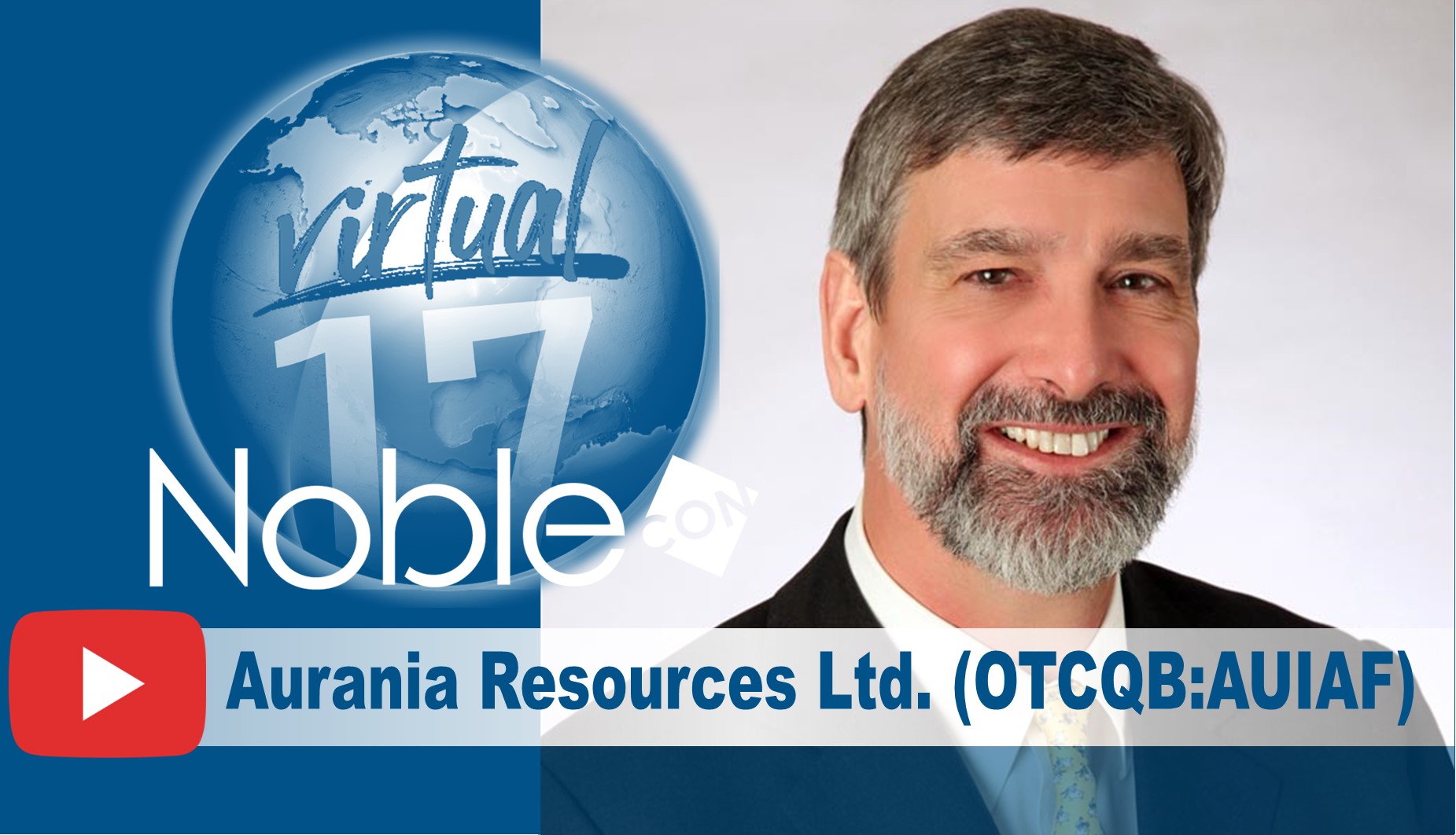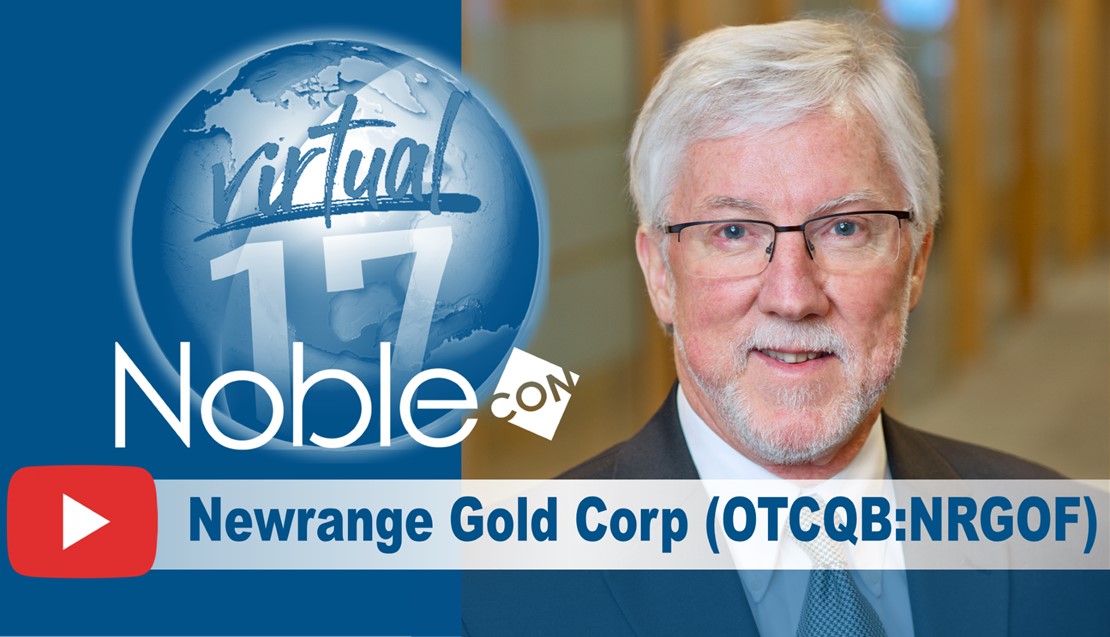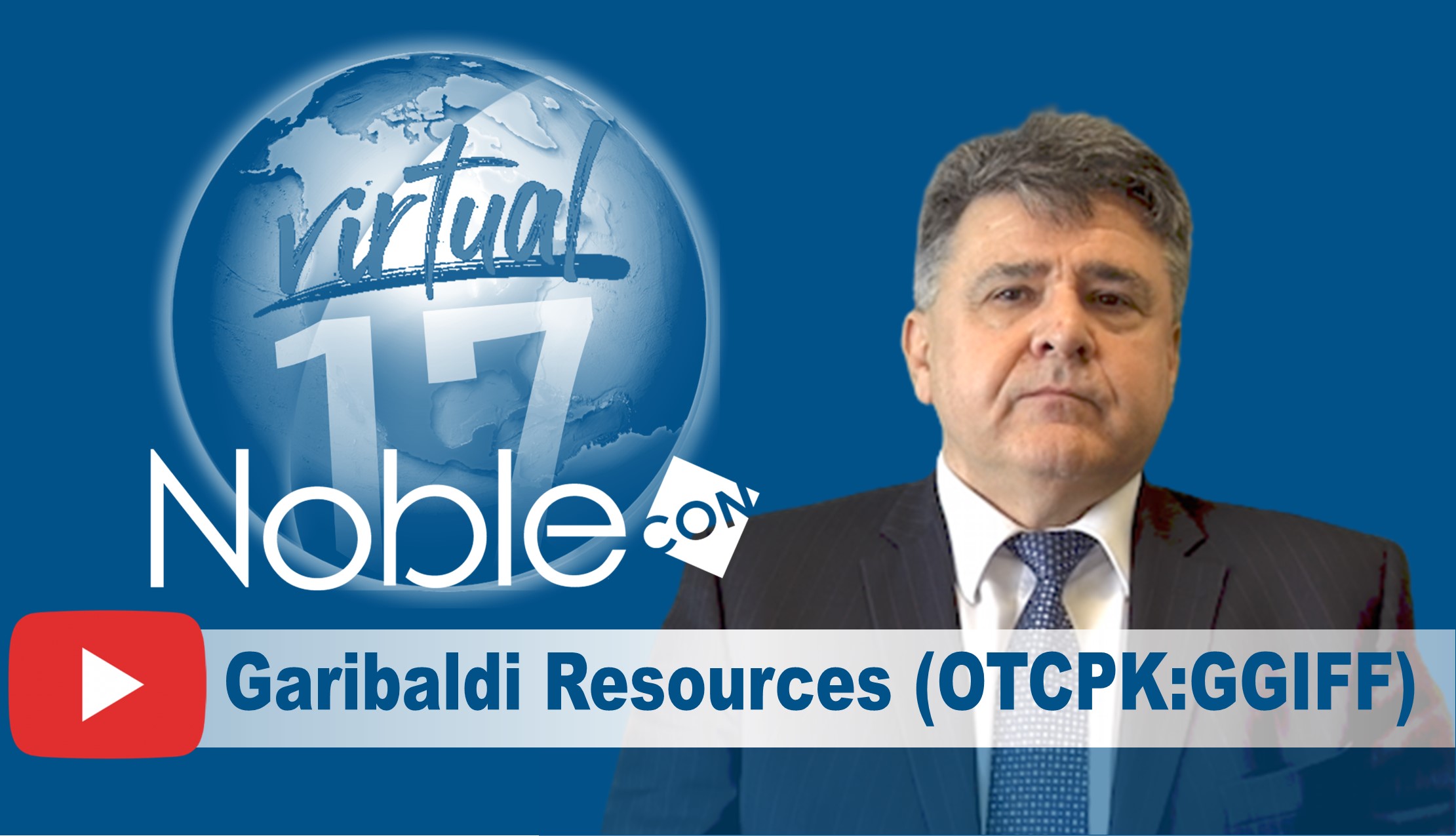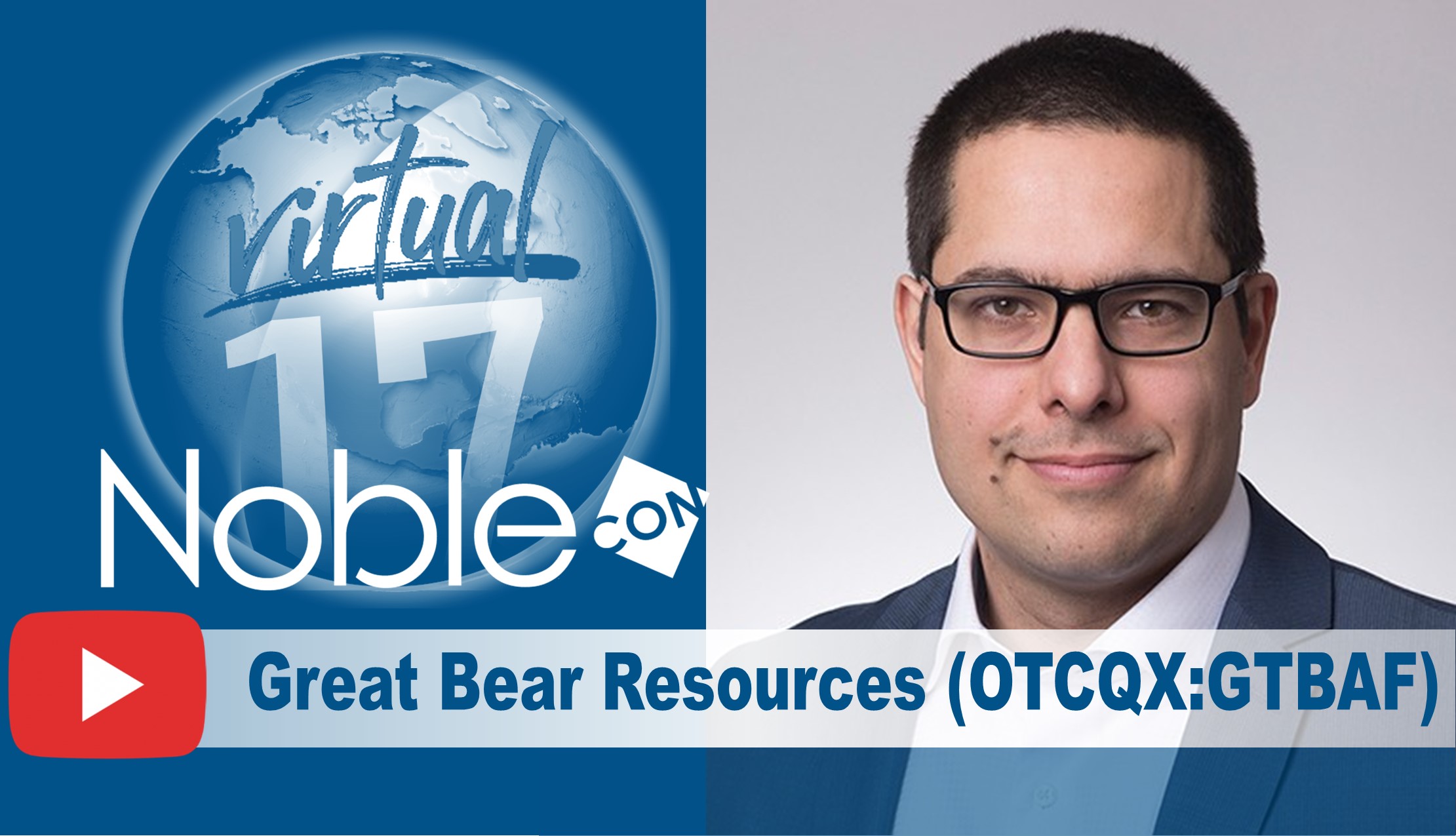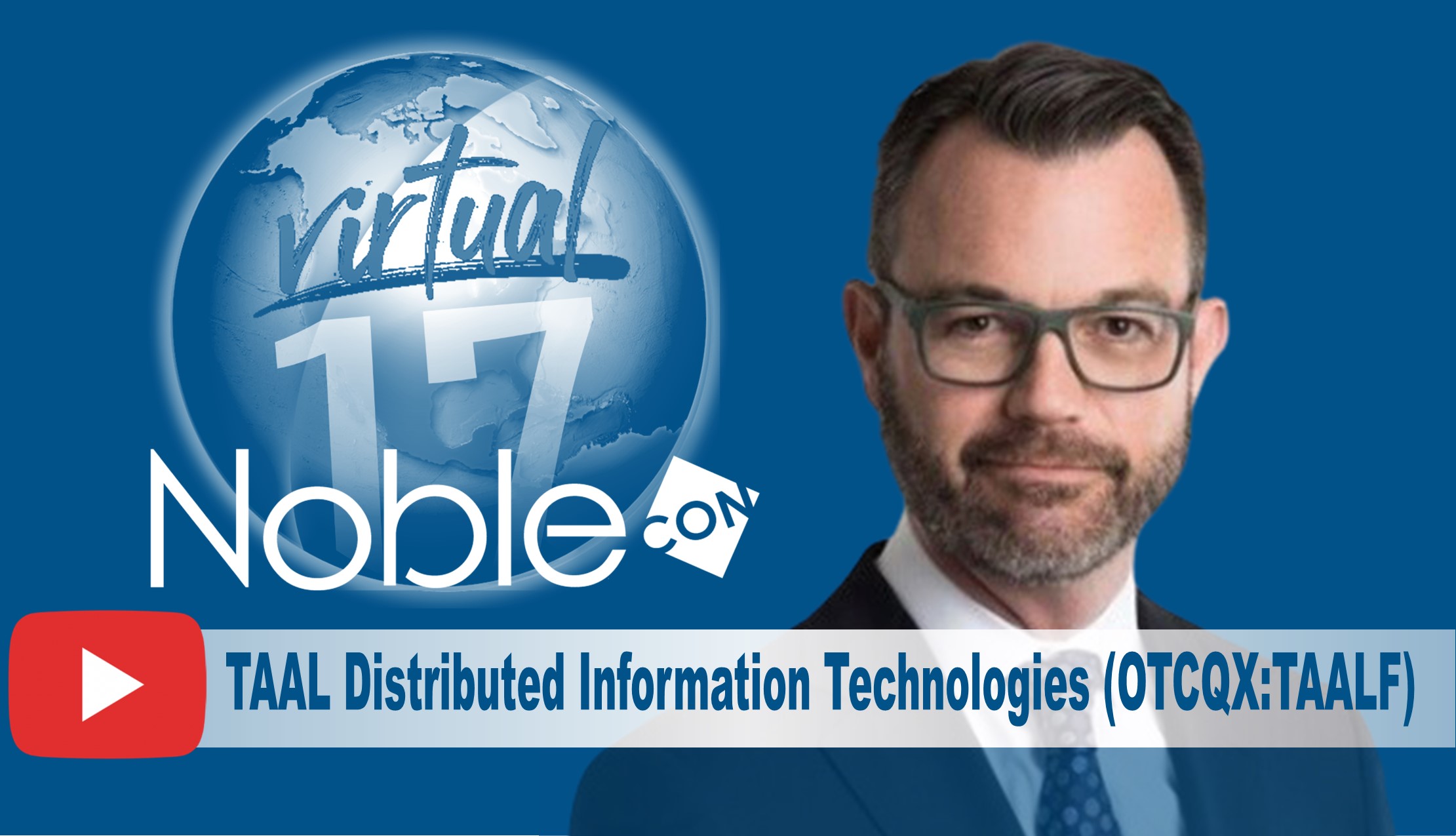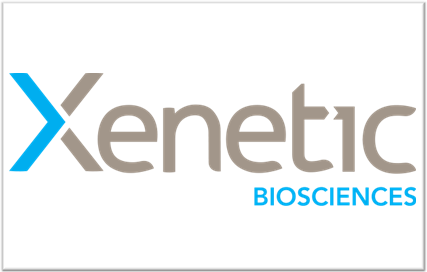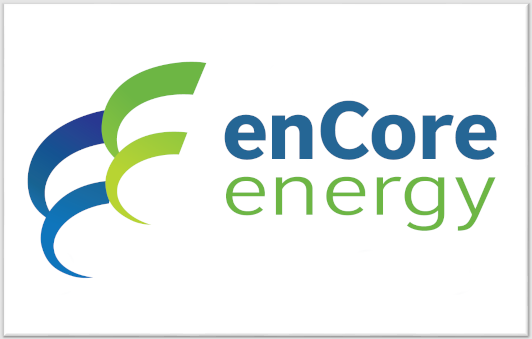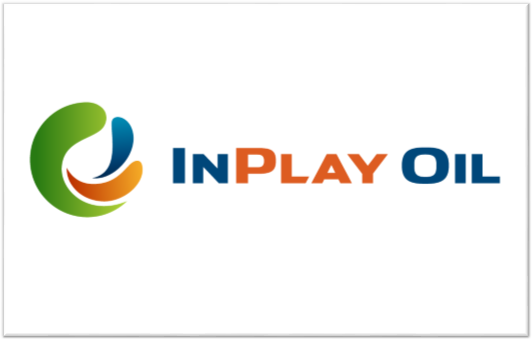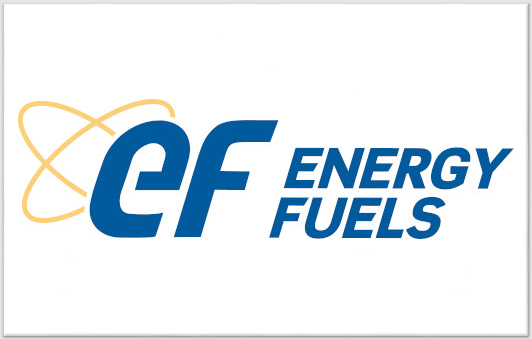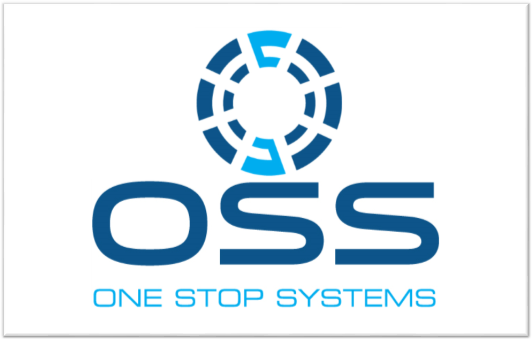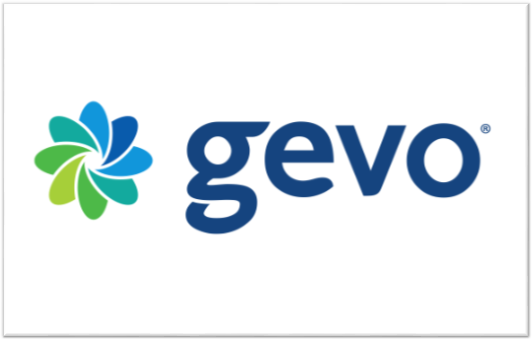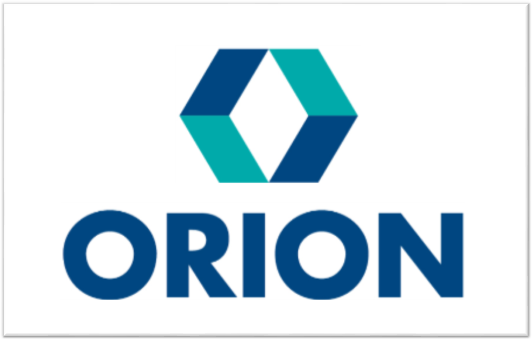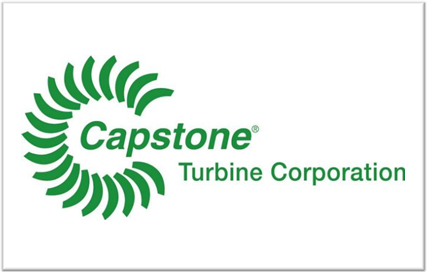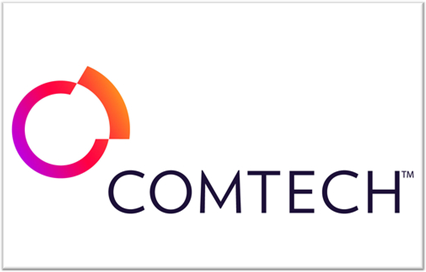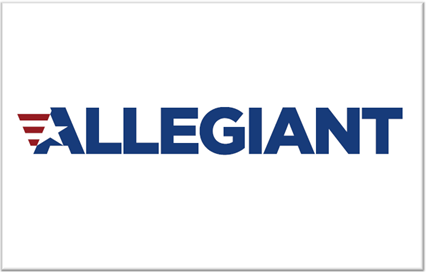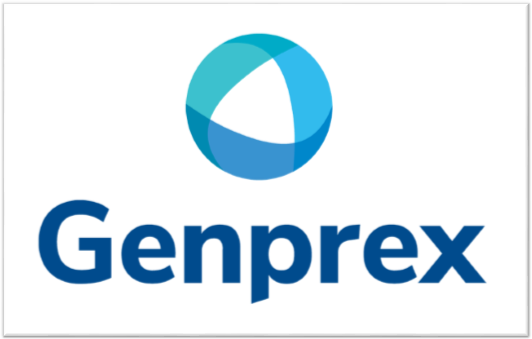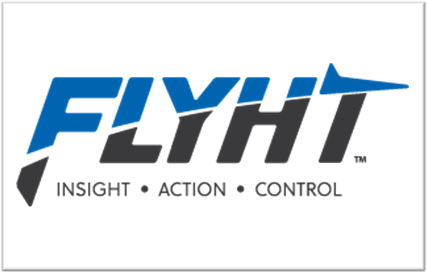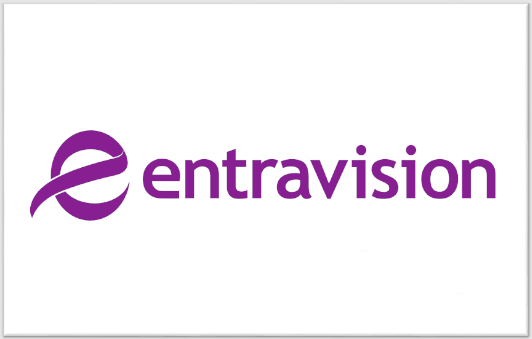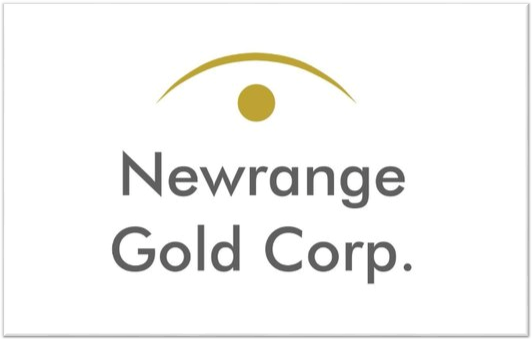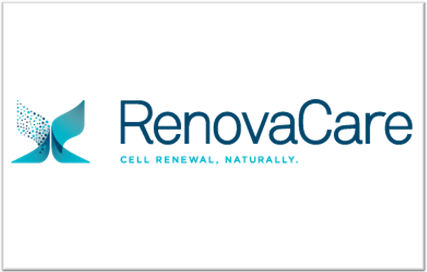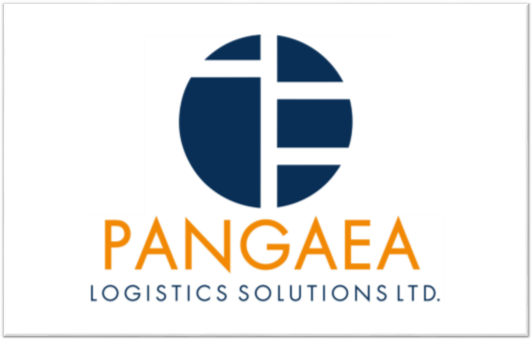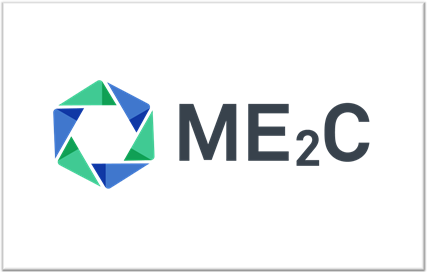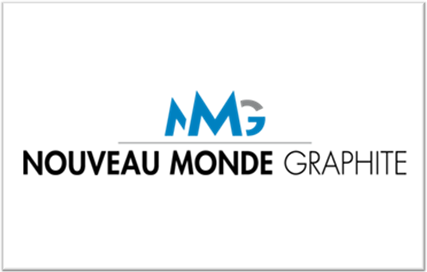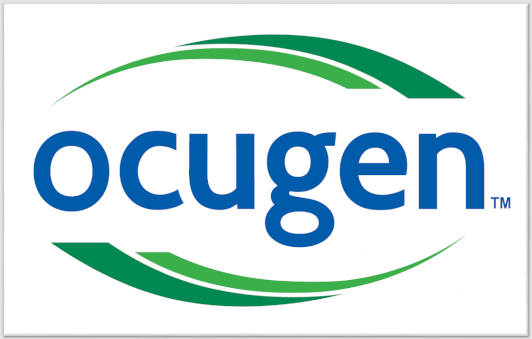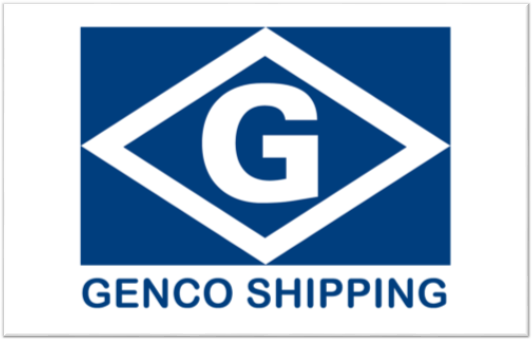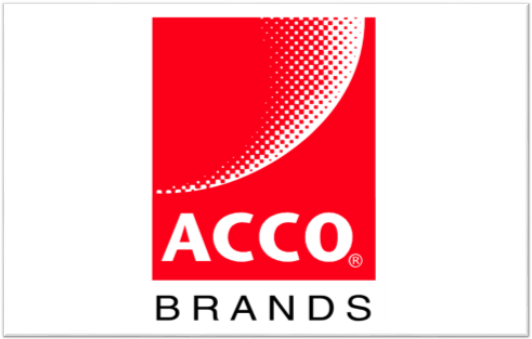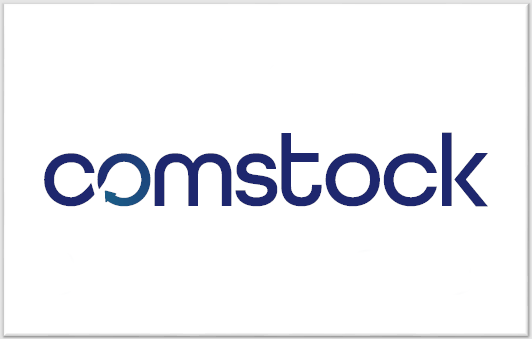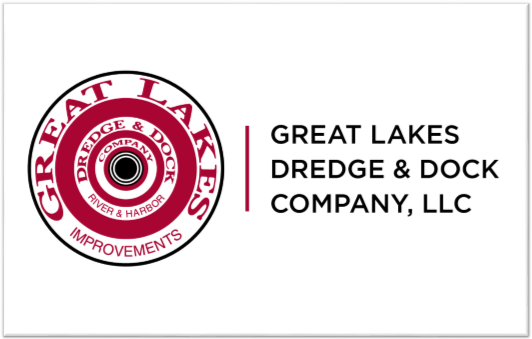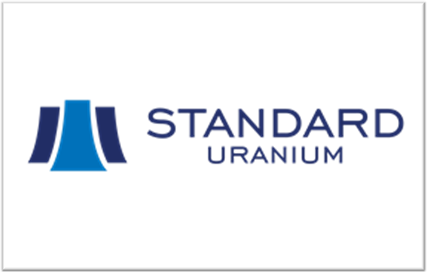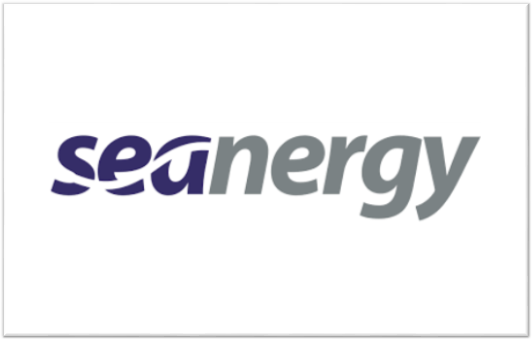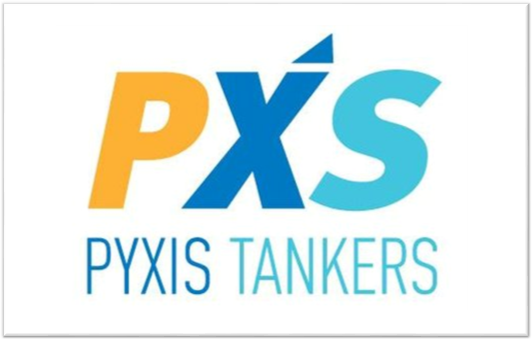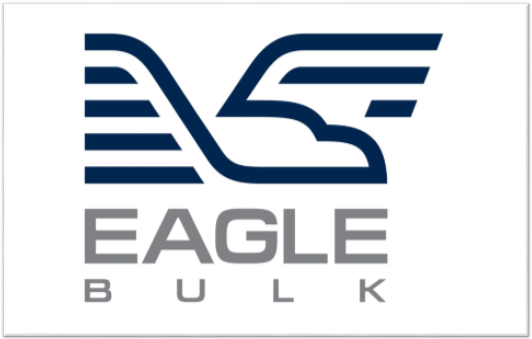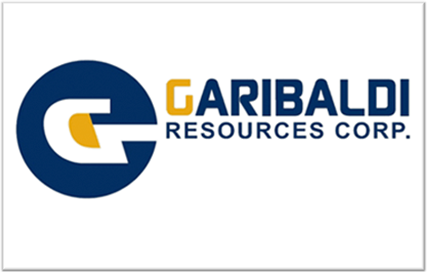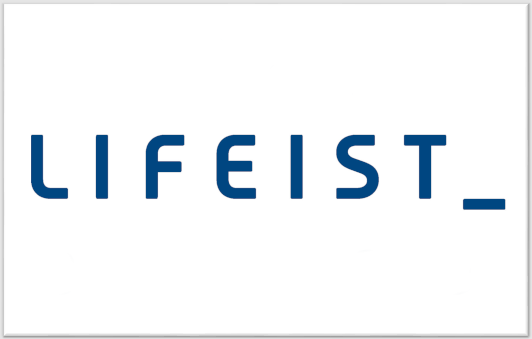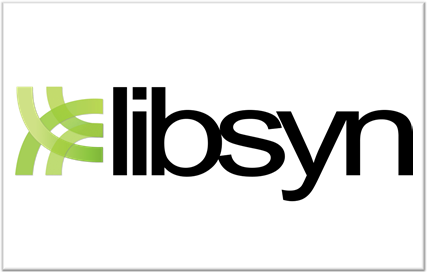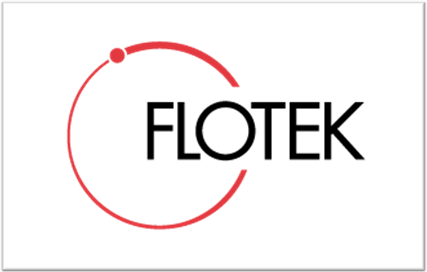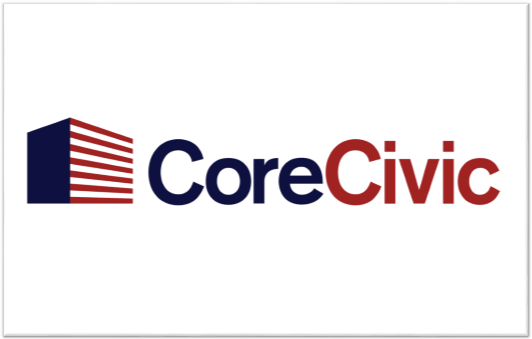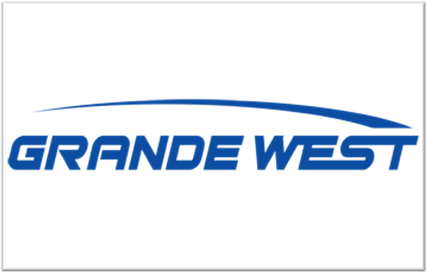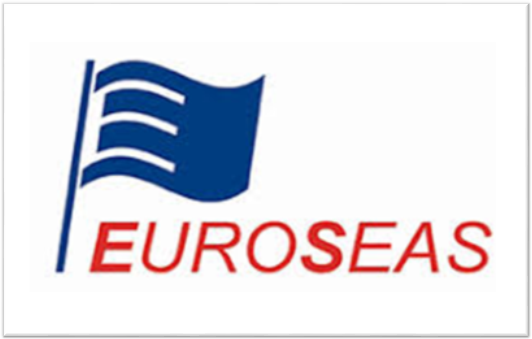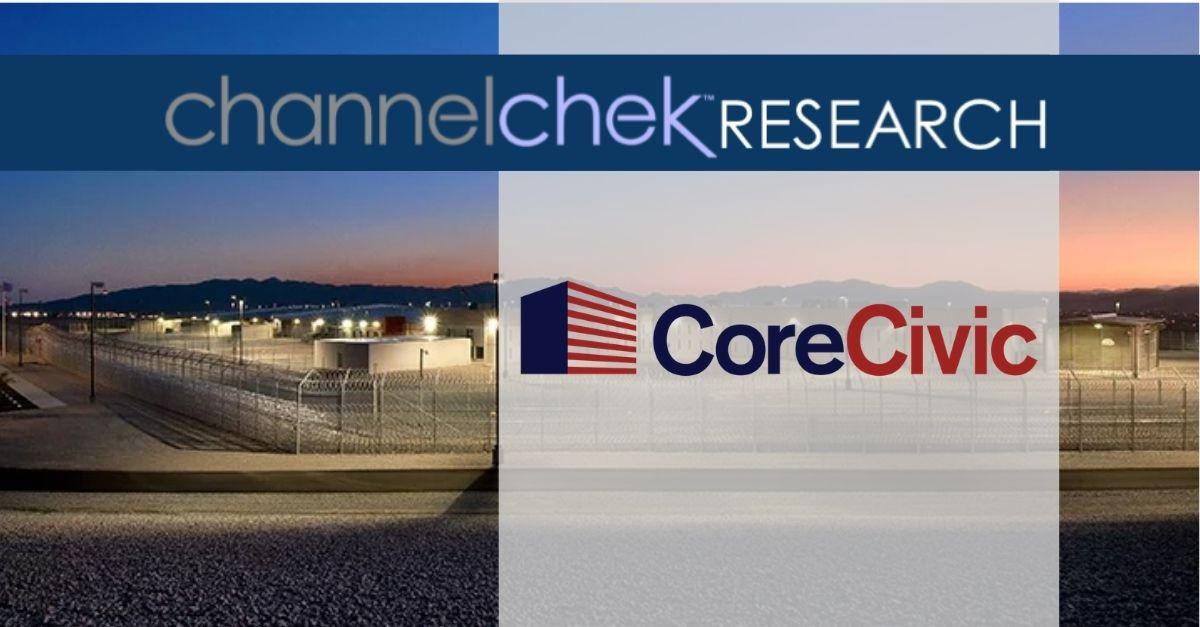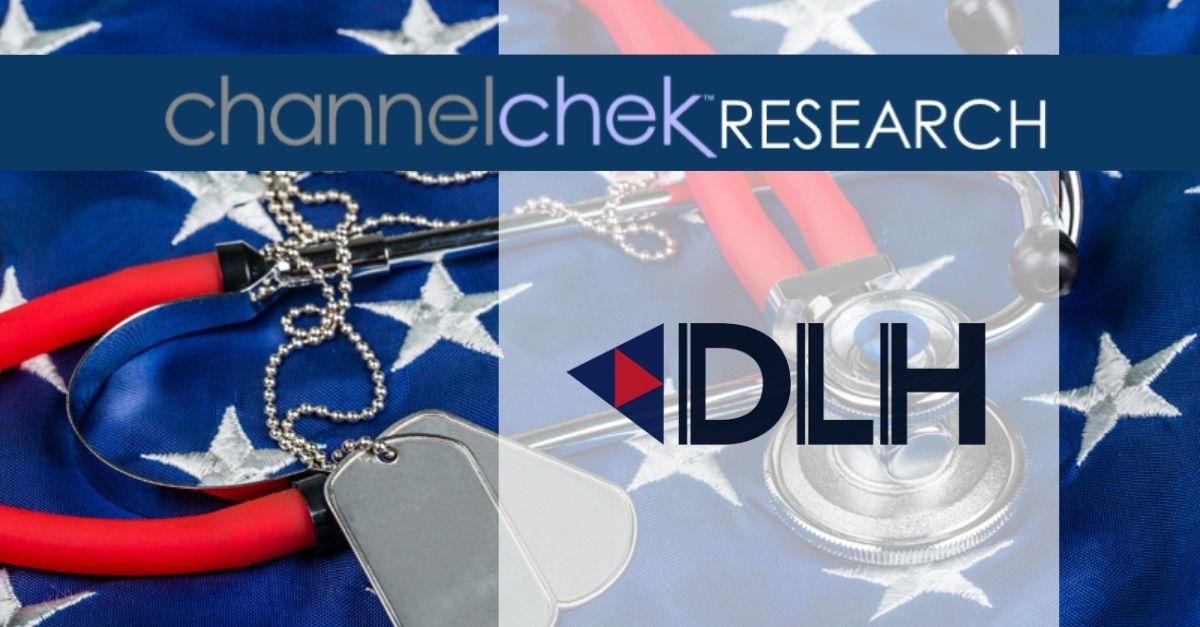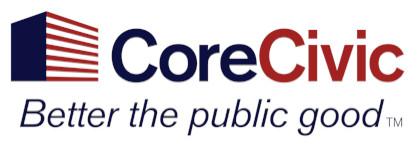
CoreCivic Announces the Sale of 42 Non-Core Government Leased Properties for $106.5 Million
BRENTWOOD, Tenn., Dec. 23, 2020 (GLOBE NEWSWIRE) — CoreCivic, Inc. (NYSE: CXW) (the “Company”) announced today that following an extensive and ongoing marketing process for the proposed sale of certain non-core real estate assets in its CoreCivic Properties segment, it closed on the sale of 42 of its non-core government leased properties to a third party for an aggregate purchase price of $106.5 million. The assets sold represented approximately 573,000 gross rentable square feet and are expected to generate approximate net proceeds of $27.0 million, following repayment of non-recourse mortgage notes associated with some of the properties and other transaction-related costs. Net cash proceeds will be utilized to repay borrowings under the Company’s revolving credit facility.
“We are pleased with the positive market response we have seen throughout the marketing process of our non-core government leased properties, and today’s closing announcement is a positive initial step in the process to recycle capital towards higher returning opportunities,” said Damon Hininger, CoreCivic’s President and Chief Executive Officer. “The remaining non-core assets we are evaluating for sale are significantly larger in terms of gross rentable square feet, both individually and in aggregate, and we remain optimistic in our prospects for consummating additional sales.”
The Company’s original purchase price for the 42 properties sold was $98.7 million. Subsequent to the close of the transaction, the CoreCivic Properties portfolio consists of 15 properties representing 2.7 million square feet, including five non-core government leased properties representing 1.1 million gross rentable square feet. In addition to the CoreCivic Properties portfolio, CoreCivic operates 48 correctional and detention facilities, 42 of which it owns, with a total design capacity of approximately 71,000 beds, and 27 residential reentry centers with a total design capacity of approximately 5,000 beds.
About CoreCivic
The Company is a diversified government solutions company with the scale and experience needed to solve tough government challenges in flexible, cost-effective ways. We provide a broad range of solutions to government partners that serve the public good through corrections and detention management, a network of residential reentry centers to help address America’s recidivism crisis, and government real estate solutions. We are a publicly traded real estate investment trust and the nation’s largest owner of partnership correctional, detention and residential reentry facilities. We also believe we are the largest private owner of real estate used by U.S. government agencies. The Company has been a flexible and dependable partner for government for more than 35 years. Our employees are driven by a deep sense of service, high standards of professionalism and a responsibility to help government better the public good. Learn more at http://www.corecivic.com/.
Forward-Looking Statements
This press release contains statements as to our beliefs and expectations of the outcome of future events that are “forward-looking” statements within the meaning of Section 21E of the Securities Exchange Act of 1934, as amended, and the Private Securities Litigation Reform Act of 1995. These forward-looking statements are subject to risks and uncertainties that could cause actual results to differ materially from the statements made. These include, but are not limited to, the risks and uncertainties associated with: (i) changes in government policy, legislation and regulations that affect utilization of the private sector for corrections, detention, and residential reentry services, in general, or our business, in particular, including, but not limited to, the continued utilization of the South Texas Family Residential Center by Immigration and Customs Enforcement under terms of the current contract, and the impact of any changes to immigration reform and sentencing laws (our company does not, under longstanding policy, lobby for or against policies or legislation that would determine the basis for, or duration of, an individual’s incarceration or detention); (ii) our ability to obtain and maintain correctional, detention, and residential reentry facility management contracts because of reasons including, but not limited to, sufficient governmental appropriations, contract compliance, negative publicity and effects of inmate disturbances; (iii) changes in the privatization of the corrections and detention industry, the acceptance of our services, the timing of the opening of new facilities and the commencement of new management contracts (including the extent and pace at which new contracts are utilized), as well as our ability to utilize available beds; (iv) general economic and market conditions, including, but not limited to, the impact governmental budgets can have on our contract renewals and renegotiations, per diem rates, and occupancy; (v) fluctuations in our operating results because of, among other things, changes in occupancy levels, competition, contract renegotiations or terminations, increases in costs of operations, fluctuations in interest rates and risks of operations; (vi) the duration of the federal government’s denial of entry at the United States southern border to asylum-seekers and anyone crossing the southern border without proper documentation or authority in an effort to contain the spread of COVID-19; (vii) government and staff responses to staff or residents testing positive for COVID-19 within public and private correctional, detention and reentry facilities, including the facilities we operate; (viii) the location and duration of shelter in place orders and other restrictions associated with COVID-19 that disrupt the criminal justice system, along with government policies on prosecutions and newly ordered legal restrictions that affect the number of people placed in correctional, detention, and reentry facilities; (ix) whether revoking our REIT election and our revised capital allocation strategy can be implemented in a cost effective manner that provides the expected benefits, including facilitating our planned debt reduction initiative and planned return of capital to shareholders; (x) our ability to identify and consummate the sale of additional non-core assets at attractive prices; (xi) our ability to successfully identify and consummate future development and acquisition opportunities and our ability to successfully integrate the operations of our completed acquisitions and realize projected returns resulting therefrom; (xii) our ability, following the revocation of our REIT election, to identify and initiate service opportunities that were unavailable under the REIT structure; (xiii) our ability to meet and maintain qualification for taxation as a REIT for the years the Company elected REIT status; and (xiv) the availability of debt and equity financing on terms that are favorable to us, or at all. Other factors that could cause operating and financial results to differ are described in the filings we make from time to time with the Securities and Exchange Commission.
CoreCivic takes no responsibility for updating the information contained in this press release following the date hereof to reflect events or circumstances occurring after the date hereof or the occurrence of unanticipated events or for any changes or modifications made to this press release or the information contained herein by any third-parties, including, but not limited to, any wire or internet services.
Contact:
Investors: Cameron Hopewell – Managing Director, Investor Relations – (615) 263-3024
Media: Steve Owen – Vice President, Communications – (615) 263-3107

